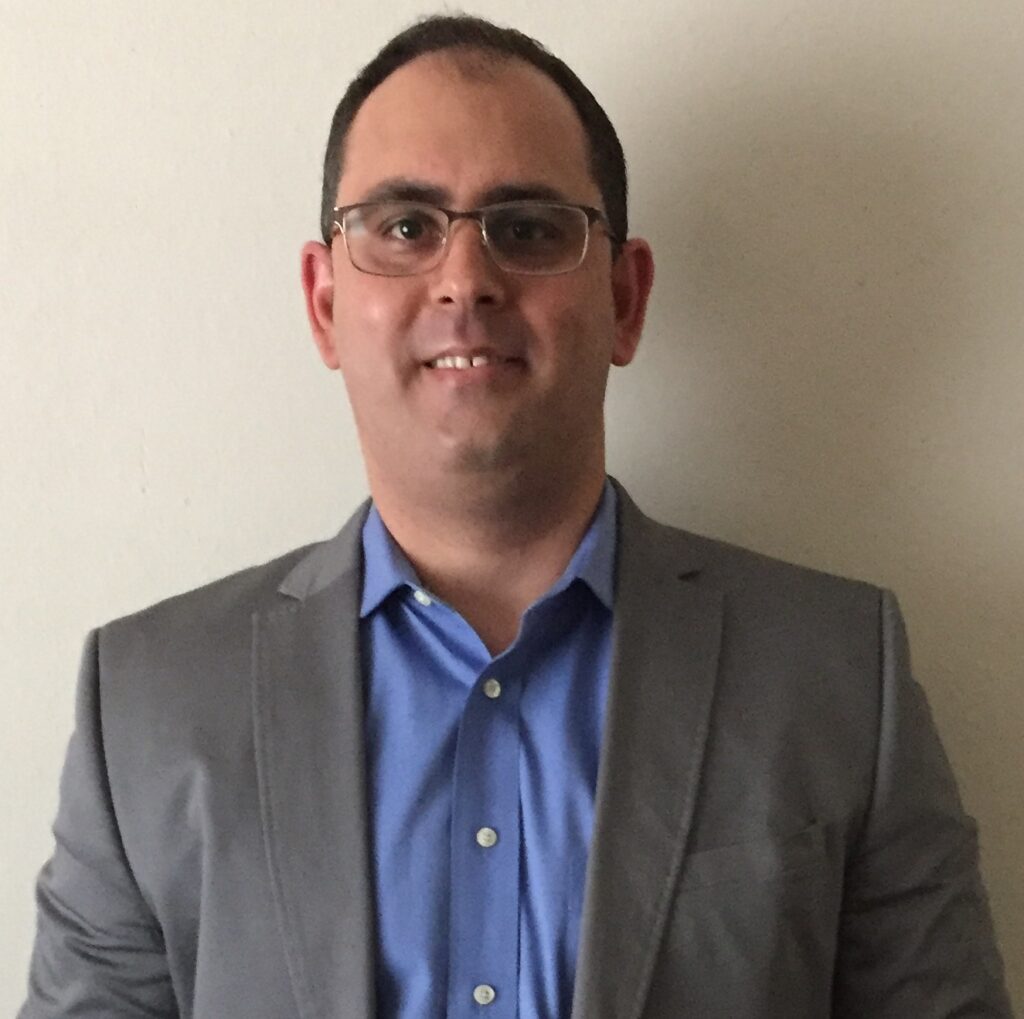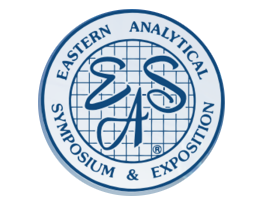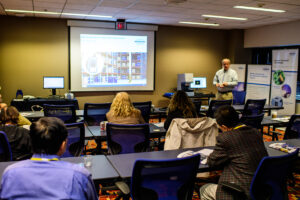ONLINE COURSE
Wednesday, July 8 & Thursday, July 9; 10:00am – 2:30pm EDT
Dr. Eike Reich, The International Association for the Advancement of High Performance Thin Layer Chromatography, Rheinfelden, Switzerland
Dr. Wilmer Perera, CAMAG Scientific, Wilmington, NC
COURSE DESCRIPTION
High-performance thin-layer chromatography (HPTLC) is a modern planar chromatographic technique with rigorous standardization, sophisticated instrumentation / software and validated methods offering reliable analytical data at comparatively low cost in a cGxP environment. The unique features of HPTLC fingerprints offer complementary and orthogonal approaches to describing the quality of complex samples. This course will discuss concepts, parameters and unique features of HPTLC. Case studies examine different fields of applications. Practitioners will learn how to develop, fine-tune, validate and trouble shoot qualitative and quantitative HPTLC methods. Participants can submit their questions to the instructors in advance. Interactive exercises strengthen the knowledge and check the achieved level of confidence.
WHO SHOULD ATTEND
Researchers, Scientists, Academicians, QA/QC/R&D Personnel, Lab Managers and Technicians. Anyone wanting to learn about the extraordinary capabilities of HPTLC. Anyone wanting to learn about how to get the most of an existing HPTLC system.
TOPICS
- Concepts, Parameters, and Special Features of HPTLC
a. What is special about HP-TLC?
b. Rigorous standardization – reliable results for regulated environments
c. HPTLC hyphenations – flexibility for research - Proper Use of Instruments and Software
a. Manually performing HPTLC
b. The use of CAMAG equipment
c. visionCATS HPTLC software - Comprehensive HPTLC Fingerprinting
a. HPTLC – the other high-performance chromatography
b. The HPTLC fingerprint
c. Comprehensive HPTLC fingerprinting: A different look at quality - Comprehensive Fingerprinting of a Botanical Dietary Supplement
a. Method transfer
b. SST
c. Identification
d. Test for minimum content - Quantitative Analysis by HPTLC
a. Principles of scanning densitometry
b. Assays and limit tests
c. Economic considerations - Case Studies
a. Nicotine in e-fluids
b. Detecting adulteration
c. Quantification of terpene lactones in Ginkgo - Trouble shooting – questions and answers
a. Participants send questions in advance
b. Development (chamber configuration, saturation, temperature, drying)
c. Derivatization (modes, heating, reagent stability, timing)
d. Capturing images (modes, camera settings, image parameters)
e. Densitometry (parameters, software settings) - Development and Validation of HPTLC Methods
a. Method development strategies
b. Validation of method
c. Transfer validation - Development of a Method for Detecting Different Sweeteners in Cola

ABOUT THE INSTRUCTORS
Dr. Eike Reich received received his doctorate degree in Natural Products Chemistry in 1989 from Humboldt University East Berlin. From 1990 to 1998 he was Associate Professor of Chemistry at Longwood College, Virginia, USA. In 1998 he moved to Switzerland to join CAMAG as Head of Laboratory. His research focuses on applications of High Performance Thin-Layer Chromatography. Dr. Reich has published numerous papers on the subject and contributed chapters to textbooks and encyclopedias. He is author of the book “HPTLC for the analysis of medicinal plants”. Dr. Reich is founding member of the International Association for the Advancement of HPTLC. In May of 2018, he was elected President of the HPTLC Association. In this capacity, he is promoting the use of HPTLC and soliciting international collaboration on the HPTLC Atlas for identification of herbal drugs.

Dr. Wilmer Perera received his bachelor’s degree in Chemistry and master’s degree in Organic Chemistry from the University of Havana, Cuba. He also completed his doctorate in Biochemistry at the University of Liege, Belgium in 2012. He has published 27 papers in peer-reviewed journals and has performed more than 40 presentations in national and international meetings. He is the laboratory manager at Camag Scientific, Inc, and oversees HPTLC analyses and projects, as well as trainings and courses at Wilmington, North Carolina. Dr. Perera is also a member of the International Association for the Advancement of HPTLC and collaborates on the HPTLC Atlas for identification of herbal drugs.

